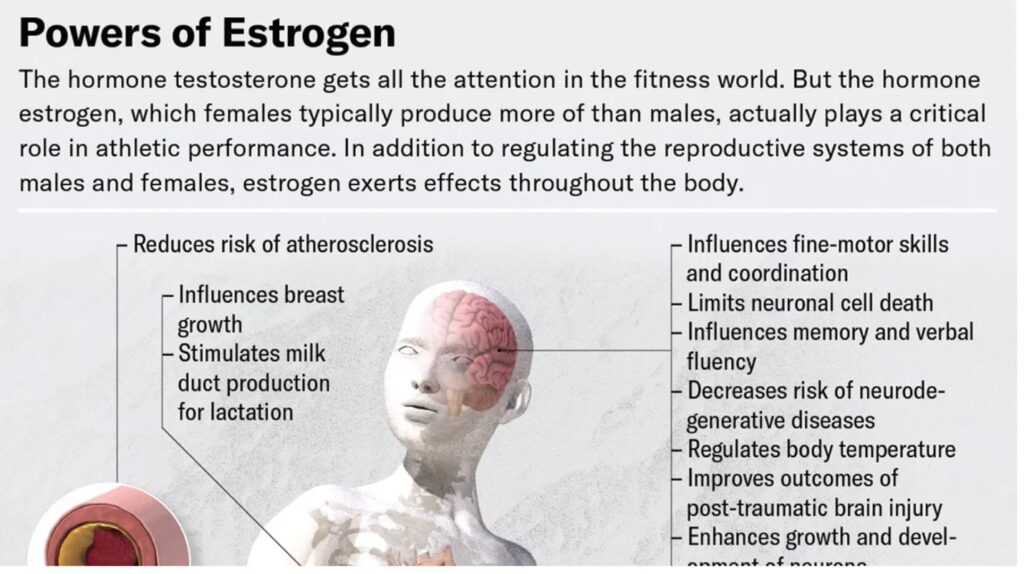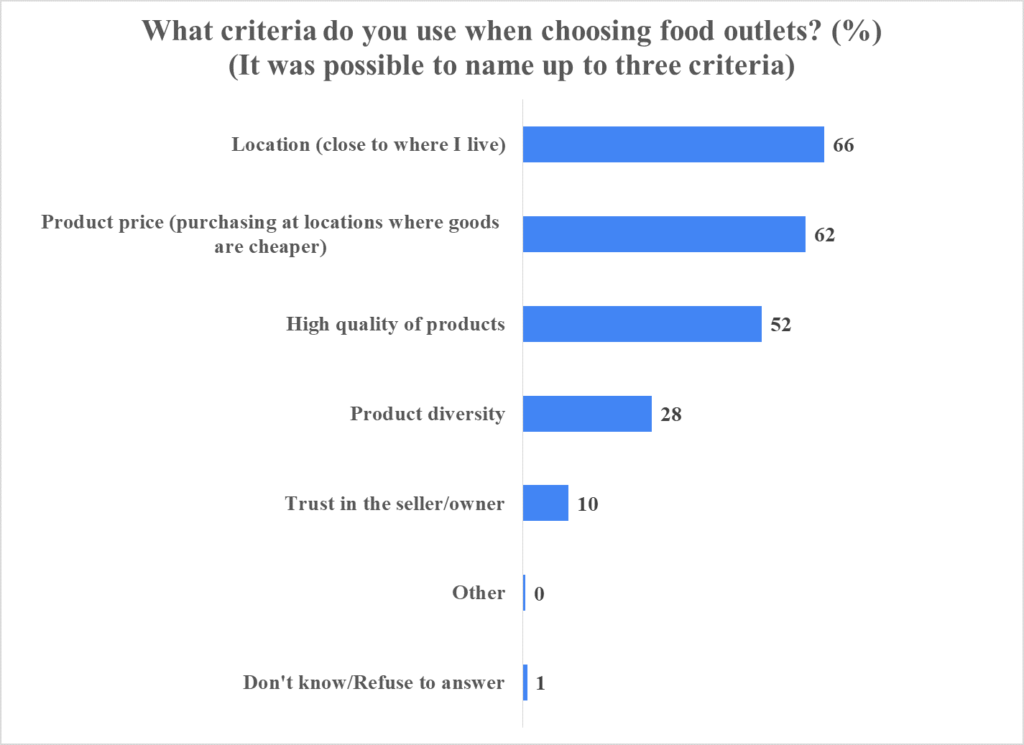New Episode of the CRRC Georgia’s Podcast is live! – What Does Polarization in Georgia Look Like?
- In this episode we examine political polarization in Georgia through CRRC-Georgia survey data, distinguishing between two key types: affective polarization (emotional distance between political opponents) and ideological polarization (disagreements over policy and institutions). While Georgia shows relatively low affective polarization, people maintain friendships across party lines, the country experiences significant ideological polarization, particularly around NGOs and civil society organizations.
- The research reveals how government campaigns have systematically transformed public attitudes toward NGOs since 2021, creating fundamentally different worldviews about democracy rather than mere partisan preferences. This distinction has important implications for Georgian democracy.
You can listen (in English) on Spotify and YouTube here.
You can also read the report about this topic in English and Georgian.










